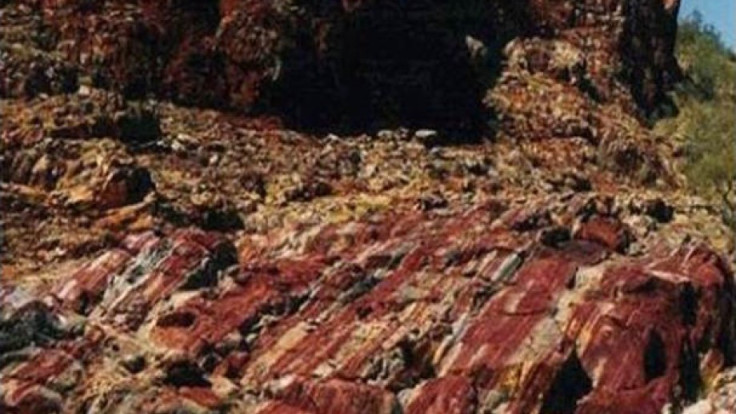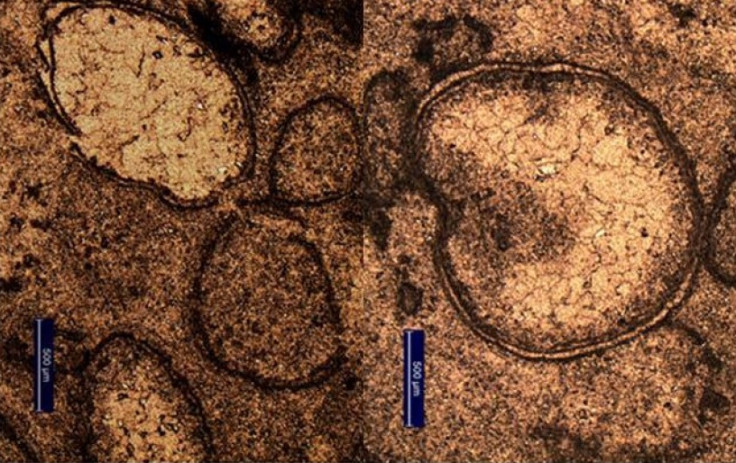Massive asteroid struck Earth 3.4 billion years ago 'significantly altering planet's evolution'

Evidence of one of the oldest and biggest asteroids ever to strike Earth has been uncovered by scientists. The asteroid – about twice the size of that has been found to have wiped out the dinosaurs 66 million years ago – struck Earth 3.46 billion years ago, and could have "significantly" affected the planet's evolution.
Researchers from the Australian National University say the asteroid would have been one of the largest to ever hit Earth, measuring 20-30km (12.4-18.6 miles) across, and the second-oldest ever to be recorded. Details of the discovery have been published in the journal Precambrian Research.
Andrew Glikson, author of the study, said: "The impact would have triggered earthquakes of magnitudes greater than terrestrial earthquakes, it would have caused huge tsunamis and would have made cliffs crumble."
Between 3.8 and 3.9 billion years ago, the moon was bombarded by asteroids, creating the craters on the surface we see today. However, where these asteroids struck Earth has remained a mystery. "Any craters from this time on Earth's surface have been obliterated by volcanic activity and tectonic movements," he said.
Glikson and colleagues have been searching for these impact sites for more than 20 years. The team was analysing the rock formation Marble Bar in northwestern Australia, which contains some of the oldest sediments found on Earth.

In a drilling core, they found small glass beads known as spherules. These had been formed from vaporised material resulting from the asteroid impact – and further tests showed the levels of platinum, nickel and chromium matched those found in asteroids.
The sediment layer, which was originally located on the ocean floor, had been preserved between two volcanic layers, which meant they could get an accurate date of the strike. "These spherules were found in sea floor sediments that date from 3.46 billion years ago," Glikson said.
The crater created would have been hundreds of kilometres wide, and would have had a huge impact on the planet. "Material from the impact would have spread worldwide," he added. "Asteroid strikes this big result in major tectonic shifts and extensive magma flows. They could have significantly affected the way the Earth evolved."
The team also believes there may have been similar impacts around this time in Earth's history, but evidence for them is currently lacking. The authors said the findings are "significant for understanding early bombardment rates on Earth and early crustal evolution".
Glikson added: "This is just the tip of the iceberg. We've only found evidence for 17 impacts [that are] older than 2.5 billion years, but there could have been hundreds."
© Copyright IBTimes 2025. All rights reserved.






















